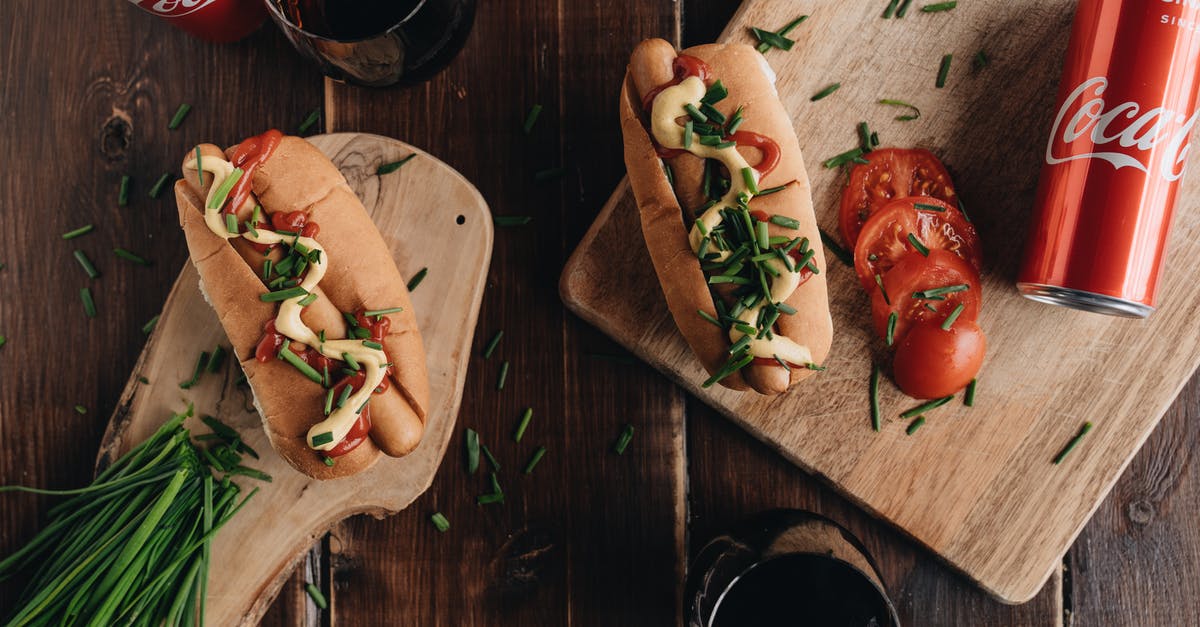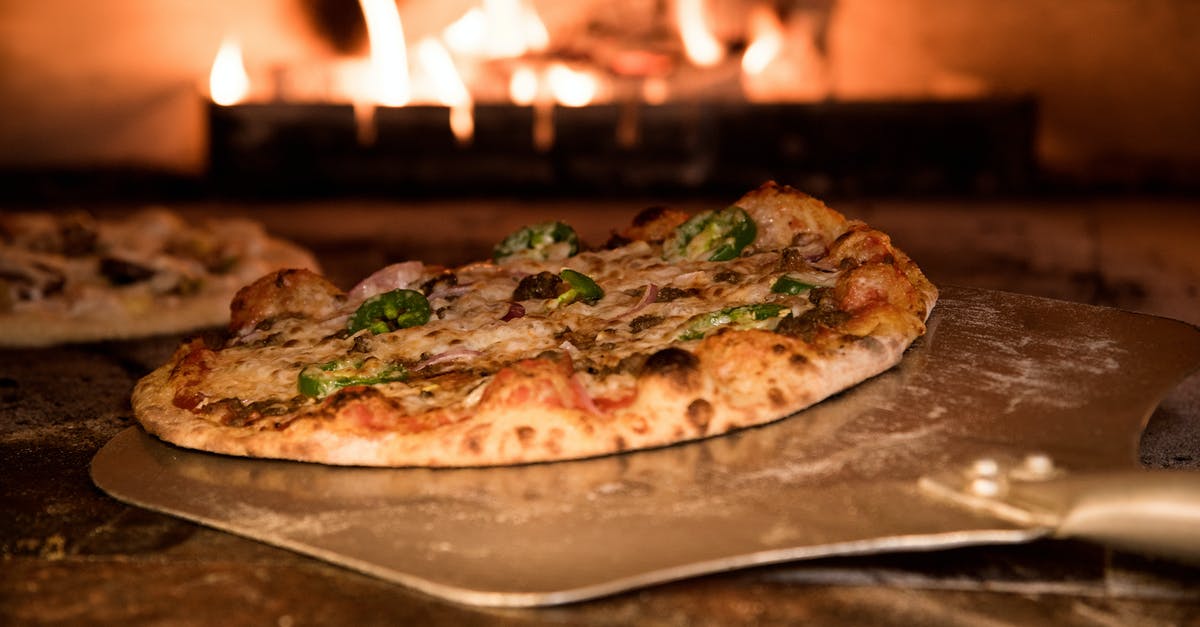How can you make a sauce less spicy/hot?

Sometimes when I'm making a sauce or soup that needs to be a bit spicy, I have no troubles spicing how I want to.
But if the dinner party is a bit late, or I made the sauce in advance to really draw out all the flavors of the spices, vegetables and meat, sometimes I end up with a way too spicy/hot dish.
You can always pour a bit water and try to dilute it a bit, but that also takes away all of the good flavor. So is there some trick that I'm missing I can use, when this happens to me (other than being more careful or using the spices later)?
Best Answer
In general, it is a good idea to go light on spices when trying a new recipe, if you're not intimately familiar with the flavor and spice combinations in question. It's a great deal easier to add spice later than it is to mask it once you've added too much.
Assuming you are reading this because you didn't do that, and have now ended up with a sauce that's far too spicy, then read on.
The pertinent question here is where is the spiciness coming from? There are actually several kinds of compounds that can produce that general aroma and/or sensation. In most dishes they'll tend to fall loosely into one or more of the following:
Piperine, which is the active alkaloid in black pepper. This has poor solubility in water, however, it has better solubility in alcohol. If you can incorporate wine or better yet, brandy or vodka or some other strong alcohol, this can go a long way toward reducing the heat from pepper.
Capsaicin, the heat-producing compound in most types of hot peppers, is the highest on the Scoville Scale; extremely piquant and can produce a "burning" sensation in very small quantities. It is also poorly soluble in water, but is far more soluble in fat, especially oils. Adding some olive oil or a good quantity of butter to your recipe is a good bet for reducing capsaicin/capsicum heat.
Garlic, onion, and other members of the Allium family put out a volatile sulfur compound called Allicin. Although this is not "spicy" in the same sense as pepper, many people perceive it as such. Like piperine, it is more soluble in alcohol than in water. However, and here's the catch: That allicin breaks down into various polysulfides when cooked, and those polysulfides are fat soluble. So if you're trying to mask a strong garlic or onion flavour, it's best if you can add alcohol and fat to cover all your bases.
If you've added too much Ginger - another ingredient often perceived as spicy - then you're dealing with Gingerols and Shoagols, the latter of which pack a much bigger punch. One of the things you can actually do with ginger is cook the spice off which converts those into much milder Zingerone. In other words, add some water to the sauce and then boil it to reduce the sauce again - you'll lose some flavour but in the process you'll break down the ginger spice.
Alternatively (for ginger), all of the above compounds are alkali soluble, so if you add a buffering agent - say, Trisodium citrate (additive E331), it will improve the solubility a great deal. If, like most people, you don't happen to keep food additives in your kitchen, you can try using something like baking soda, but too much of that will completely ruin the taste, so be careful. In fact, don't add too much of any buffer because the acidity of most sauces is an integral part of their flavor.
I think that about covers it for common "spicy stuff" that goes in sauces. If you want to fix a dish that's too spicy, you need to know where the spice is coming from and choose what's most appropriate for that particular sauce.
You can also try to mask or balance the spice with something sweet, for example roasted vegetables or plain old sugar. That will not eliminate the heat at all, but does seem to make it more tolerable for many.
Pictures about "How can you make a sauce less spicy/hot?"



How do you make sauce less spicy?
Adding something sweet to a too spicy dish is another great way to reduce spiciness. A sprinkle of sugar or honey should do the trick. Or add a touch of sweet ketchup. If it's a tomato-based sauce, stir in a little more tomato sauce and maybe a titch of sugar.More answers regarding how can you make a sauce less spicy/hot?
Answer 2
Cream usually takes the edge off of spiciness, but it depends on the type of spice, and obviously on whether you can add anything creamy to the dish. For Thai food (for example) if you request that the curry be mild, they'll just dump in some more coconut milk.
Answer 3
When something's too hot (say curry or chili) we usually take raita as an additional garnish. Raita - yoghurt with herbs, spices and vegetables - is good at reducing heat, for example raita like this: yoghurt with sliced or chopped cucumber and a mixture of herbs as you like (parsley, dill, coriander, etc).
Answer 4
I'm with @Ward. I would go with adding a fat or carb to the sauce. Whole cream, Cream cheese(great in a chili), diced and nuked til soft can neutralize heat and add nice texture.
You could go easy on the sauce when plating and top with something creamy like goat or cream cheese.
I think @Aaronut is right about adding a sweetner, but I wouldn't add more acid. Acid can intensify heat on the tongue.
Answer 5
Ward gets at a good general approach, but his answer is a bit narrow. Try adding a bit more of whatever the sauce is based on. If it's a cream sauce, then more cream will make it milder. If it's tomato-based, then some more pureed tomato or paste would do the same. This will work similarly for fat, yogurt, sour cream, coconut milk, and probably for wine and water. Just be aware thats if you've cooked or otherwise processed the sauce (such as to reduce it) you'll have to bring the added material to the same state. This is particularly important for the very moist bases.
Answer 6
Stir in some yoghurt, works perfectly.
Answer 7
As others mention, sugar, acid (and yogurt/sour cream) are your friends.
Something else to consider depending on the situation... you might be able to divide your sauce - freeze half for a rainy day. This leaves you a new base that you can rebuild with appropriate seasoning.
Answer 8
You could try adding half a can of coconut milk. That adds quite a distinct flavour and mellows out the spicyness. Make sure you use full, not light, coconut milk.
Answer 9
I'm partial to using brown sugar or molasses when my chili cooks up too spicy. My wife will use dark chocolate to take the edge off some of her mole sauces.
Answer 10
A simple suggestion would be to dilute with (chicken or whatever) stock rather than water.
Other suggestions are good here (Cream, Coconut depending on the dish).
Further alternatives are to serve the dish with Creme Fraiche or Yoghurt on the side.
Answer 11
In my experience, sweetness definitely helps mitigate the impact of overly hot food, but thinning the sauce out with more of its base is a better idea generally as you can preserve the flavours you wanted to have originally.
Answer 12
I've heard that adding 1/2 a lemon to a sauce can 'draw' some of the heat out.
Answer 13
When I'm cooking, I've often noticed the strength of the spice (garlic, ginger and or capsicum/chili pepper) is stronger with less cooking.
I've added a chili at the end of the cooking process and it was too "hot". Next time I cooked the same recipe, I added it at the start and couldn't detect the heat from the chili. The same is true with the flavour of the garlic and/or ginger (at least, true to my taste).
So an option is to let it (the sauce) cook gently for extra time, then you can simply taste it to see the affect (if it's reduced the heat). Of course, this has issues and could change the viscosity or strength of flavour of the sauce.
The only other option is to cook the sauce again (with out the spice) and then mix the 2 to dilute it.
Sources: Stack Exchange - This article follows the attribution requirements of Stack Exchange and is licensed under CC BY-SA 3.0.
Images: Polina Tankilevitch, alleksana, Eneida Nieves, Narda Yescas
